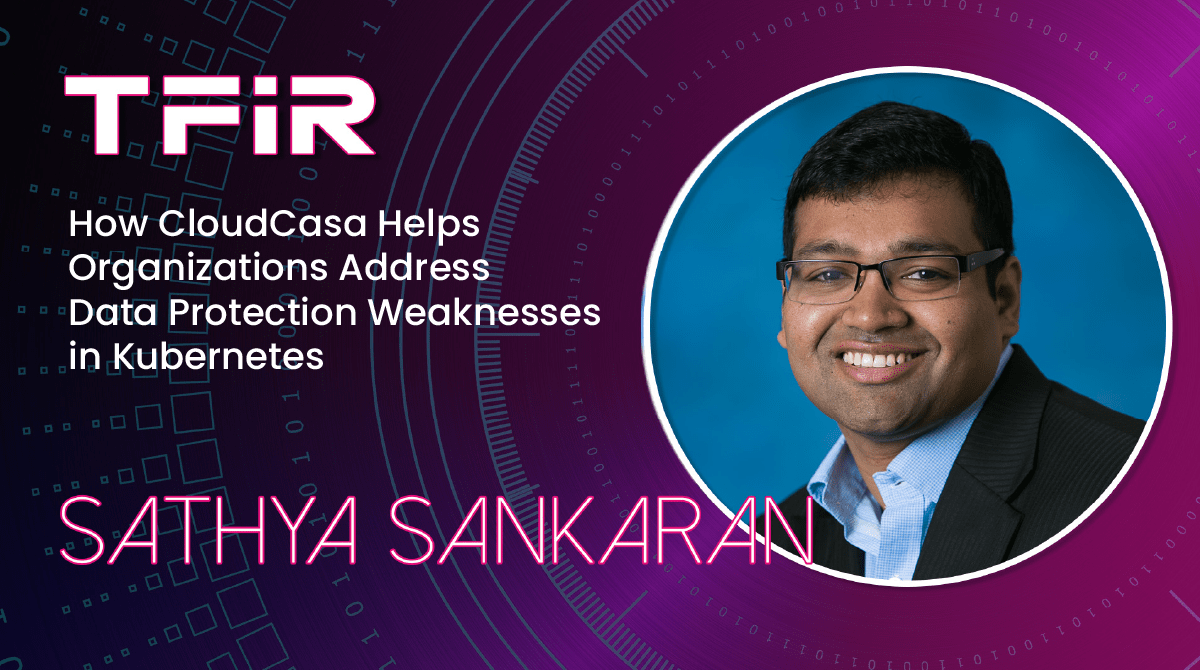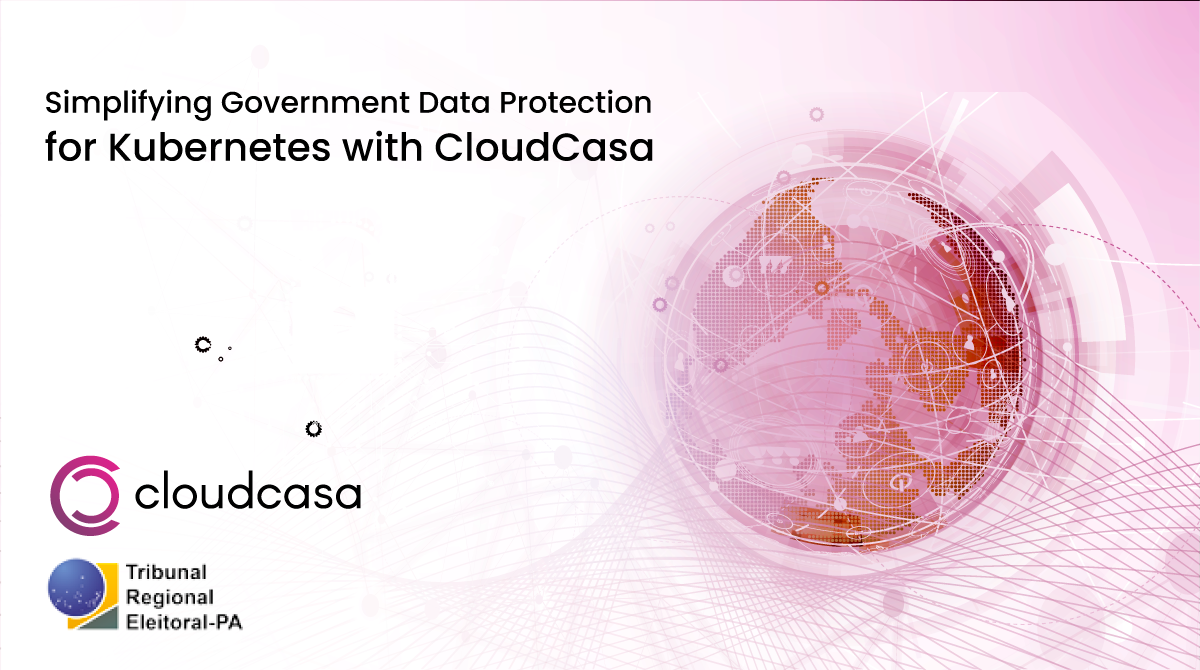Address Data Protection Weaknesses in Kubernetes
In a recent episode of TFiR Let’s Talk, Swapnil Bhartiya sat down with Sathya Sankaran, Chief Operating Officer at CloudCasa by Catalogic, to discuss how the Kubernetes ecosystem is shifting and how CloudCasa is helping organizations address the data protection weaknesses in Kubernetes and cloud-native infrastructure and adopt these new technologies.
Sankaran says, “We don’t want backup to be another complex workload that you have to manage when you’re provisioning infrastructure. So we are taking that as a service and making that available to DevOps engineers and developer teams.”
Kubernetes is also creating changes in company culture with developers and DevOps engineers playing a bigger role in setting up the infrastructure and working with it. Whereas historically this responsibility would have fallen into IT teams’ hands, developers and DevOps engineers do not always know backup best practices. CloudCasa aims to democratize backups for a workload, making them easier for developers and DevOps engineers to manage.
CloudCasa offers a free plan for snapshots on an unlimited number of clusters, which can be used if users are keeping their backups in their own infrastructure. Users can also upgrade to the paid service if they are moving their backup offsite to cloud provider storage for protection against ransomware or for IT governance and compliance.
Thus offering organizations Address Data Protection Weaknesses in Kubernetes
With 70% of Kubernetes installations running on cloud, users need to be aware where the data is sitting and what needs to be protected. Without that knowledge, restoring the data in the same form as it was previously is not possible without a service like CloudCasa. Kubernetes configurations are still complex and while best practices are emerging, running vulnerability assessment on the data set can help users understand if they have configured Kubernetes correctly and where vulnerabilities may lie.
Interview Questions:
- The story of CloudCasa is a bit unique as it was incubated within Catalogic Software. So I want to understand how you decided to start CloudCasa within Catalogic. Why was it created and what problems were you trying to solve?
- What exactly is CloudCasa within Catalogic? Is it an independent business you need, or just a department? And also what is the structure of CloudCasa and what’s your funding model?
- What is your long-term vision and goal for CloudCasa?
- We live in a multi cloud, hybrid cloud world, where people are running their workloads wherever they want. How does CloudCasa serve this space?
- What is the importance of backup in the cloud-native world, and why should companies care about it?
- Now, the fact is that there are a lot of players in this space. We have traditional players, and then we have players that were born in the cloud-native world. How do you compete with bigger players in the market?
- What is your long-term vision and goal for CloudCasa?
- Tell me more about what you get with your free service plan and why you are offering so much for free.
To view the answers during this interview, check out this episode of TFiR Let’s Talk! Want to give CloudCasa a try? Sign up for our free service.


